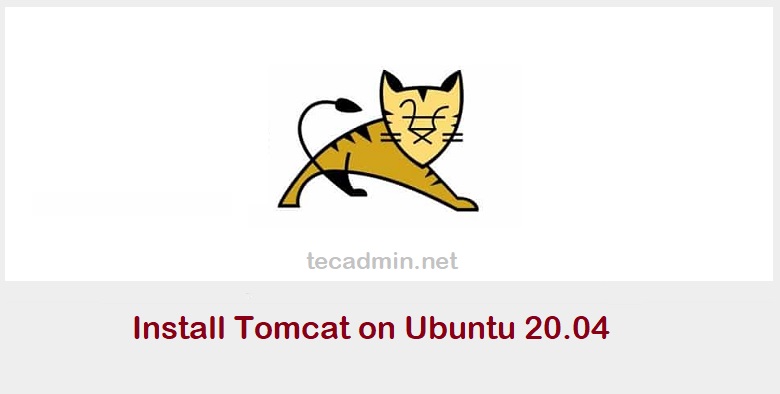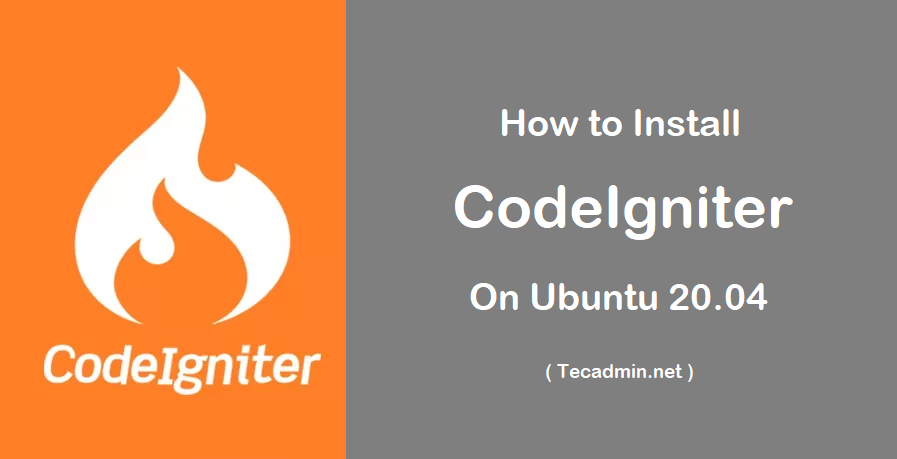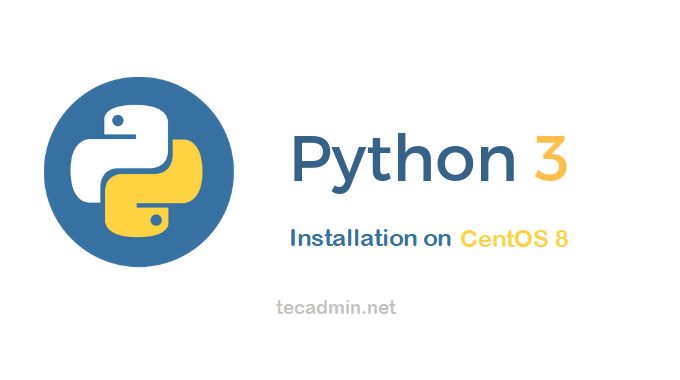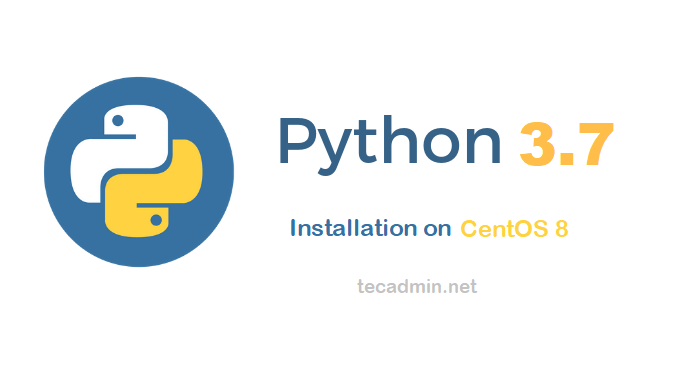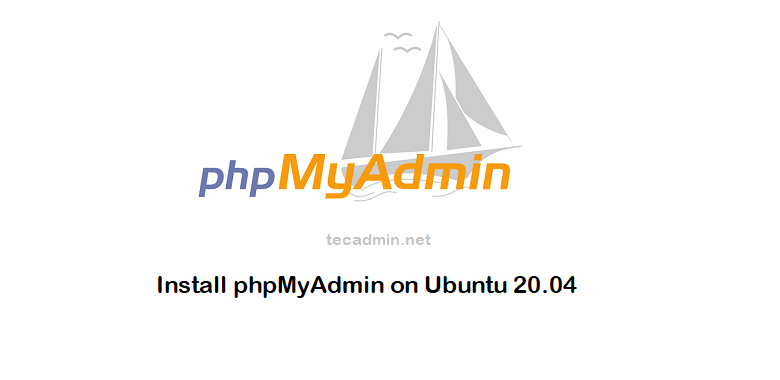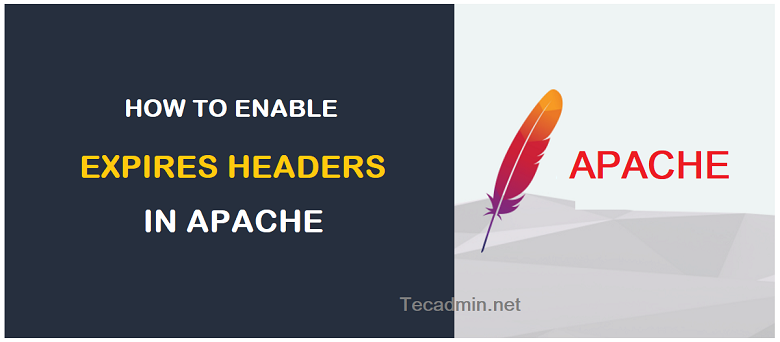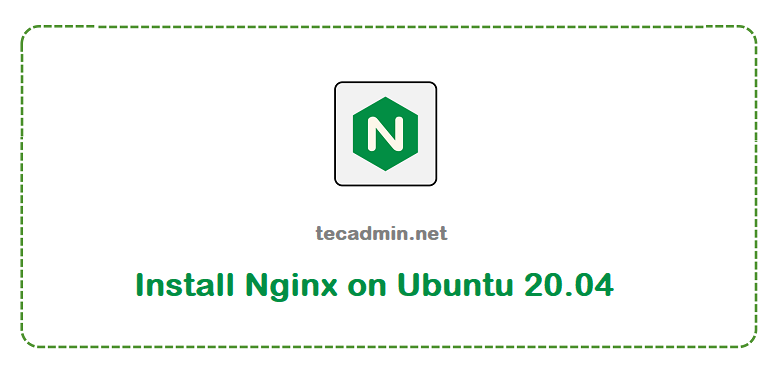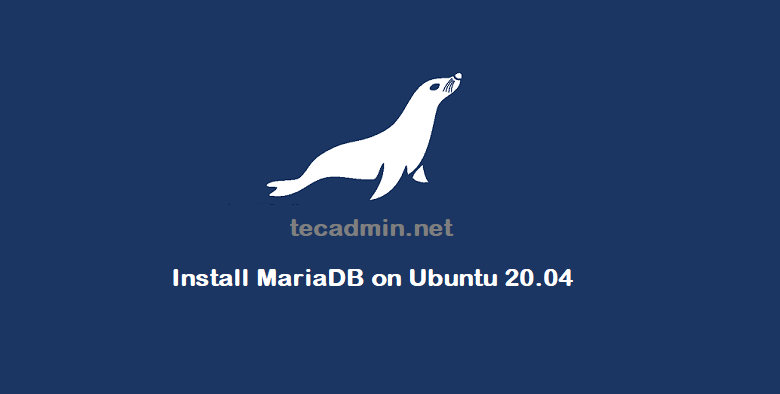The Apache Tomcat 9 is the latest version available for installation. Tomcat is an open-source web server for Java-based applications developed by the Apache Foundation. We use Tomcat for deploying Java Servlet and JSP applications. To know more about the Apache Tomcat visit apache official site http://tomcat.apache.org/. Prerequisites A running Ubuntu 20.04 system with shell access of root or sudo privileged account access. Installing Java You must have Java installed on your system to run the tomcat server. Tomcat 9 is required to have Java 8 or a higher version installed on your system. Use the following command to install…
Author: Rahul
Codeigniter is the powerful PHP framework for rapid development of full featured applications. It is an opensource PHP framework built for developers by the developers. Codeigniter 4 is the latest version available for the application development. This tutorial will help you to install CodeIgniter 4 framework on our Ubuntu system. Prerequisites Codeigniter 4 framework required a web server, MySQL database server and PHP on your system. Use below tutorial to install LAMP stack on your Ubuntu 20.04 system. How to Setup LAMP on Ubuntu 20.04 After installation of LAMP stack on your system, follow below tutorial to create Codeigniter application…
Python is a powerful, friendly, and easy to learn programming language. At the writing time of this article Python 3.8 latest stable version is available to download and install. This article will help you to install Python 3.8 from the source on your CentOS 8 and RHEL 8 Linux systems. Prerequisites First of all, log in to your CentOS 8 system with a root or sudo privileged account. Then use the following command to install the required development libraries for Python before installing it. sudo dnf install gcc openssl-devel bzip2-devel libffi-devel Downloading Python 3.8 You can download Python using the…
Python is a friendly, powerful and easy to learn programming language. At the writing time of this article Python 3.8 latest stable version is available to download and install. The default yum repositories provides Python 3.6 packages to install on CentOS 8 systems. So this article will help you to install Python 3.7 by compiling source code on CentOS 8 and RHEL 8 Linux systems. Prerequisites Login to your CentOS 8 system with root or sudo privileged account. Desktop users open a terminal on your system. Then use the following command to install required development libraries for Python before installing…
Zoom application is one of the most popular applications these days. The Zoom cloud meetings application provides simplified video conferencing with real-time messaging and content sharing over the internet. The zoom client allows you to join meeting without signing in to the application. To start a new meeting, you would be required to log in to the application. Visit zoom.us to create account. This tutorial will help you to install the Zoom client on a Fedora Linux system. Prerequisites A running Fedora Desktop system with sudo privileged account access. Step 1 – Install Zoom Client on Fedora Zoom client package…
phpMyadmin is the best web based client for accessing MySQL servers. It is freely available to download and install on your server. You can host this on any server running with Apache and PHP. The phpMyAdmin is written on PHP. The current phpMyAdmin version is compatible with PHP 7.1 and newer and MySQL 5.5 or MariaDB 5.5 or newer. This tutorial will help you to install and configure phpMyAdmin on Ubuntu 20.04 Linux system. Step 1 – Install Apache and PHP We are assuming you already have installed the MySQL server on Ubuntu system. So just install the other required…
Apache is a highly flexible, powerful, and open-source HTTP server software that is widely used for hosting websites. One of its capabilities is to manipulate HTTP headers in responses, a feature which can significantly improve the performance of your website. Among these manipulations, enabling the ‘expire headers’ is an effective technique to manage the caching behavior of your website. Essentially, expire headers tell the browser how long a particular file should be cached. This means that subsequent requests for the same file are served from the cache, saving bandwidth and improving the speed of your site. In this article, we…
Nginx is an popular web server widely used by web hosting providers. It was created by Igor Sysoev and first public release in 2004. Nginx is also used as reverse proxy, load balancer, mail proxy and HTTP cache server. Nginx web server is highly useful for heavy traffic websites. This tutorial will help you to install and configure Nginx web server on Ubuntu 20.04 system. Prerequisites Running Ubuntu 20.04 system Shell access with root or sudo privileged user Step 1 – Installing Nginx The Nginx latest packages are available under default repositories for all Ubuntu’s versions. You can directly install…
Dovecot is an open-source IMAP and POP3 email server that is widely used for its reliability, scalability, and ease of use. POP3 (Post Office Protocol 3) and IMAP (Internet Message Access Protocol) both are protocols works as message accessing agent. These protocols are used to fetch email messages from user inboxes on mail servers. In simple words, POP3 and IMAP are responsible to fetch messages from mailboxes and show them on your mobile device or web interface. In this article, we will guide you through the process of installing and configuring Dovecot on Ubuntu systems. Prerequisites A running Ubuntu system…
MariaDB is an open-source relational database server. Which is made by the original developers of MySQL. MariaDB intended to maintain high compatibility with the MySQL server, APIs, and commands. This tutorial will help you to install the MariaDB on Ubuntu 20.04 LTS system. Prerequisites Running Ubuntu 20.04 system Login access with root or sudo privileged account Step 1 – Setup Repository The Default packages repositories contain old versions of the MariaDB server. So, it will be good to use the official repository, which provides the latest version of packages. First, add the package signing key to your system by running…

